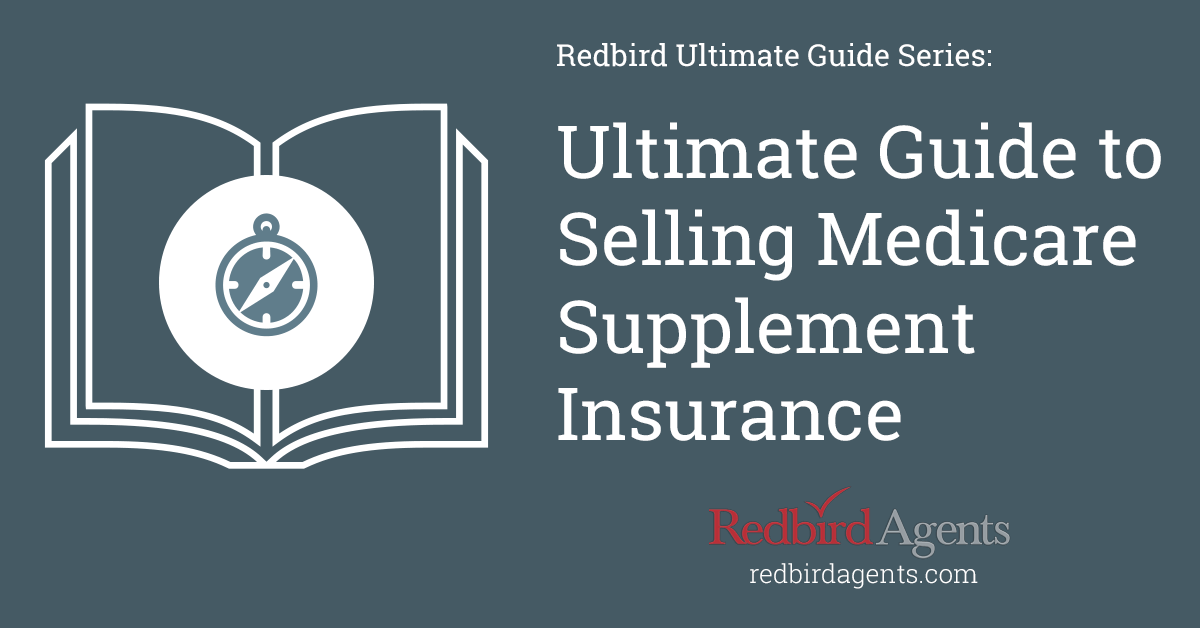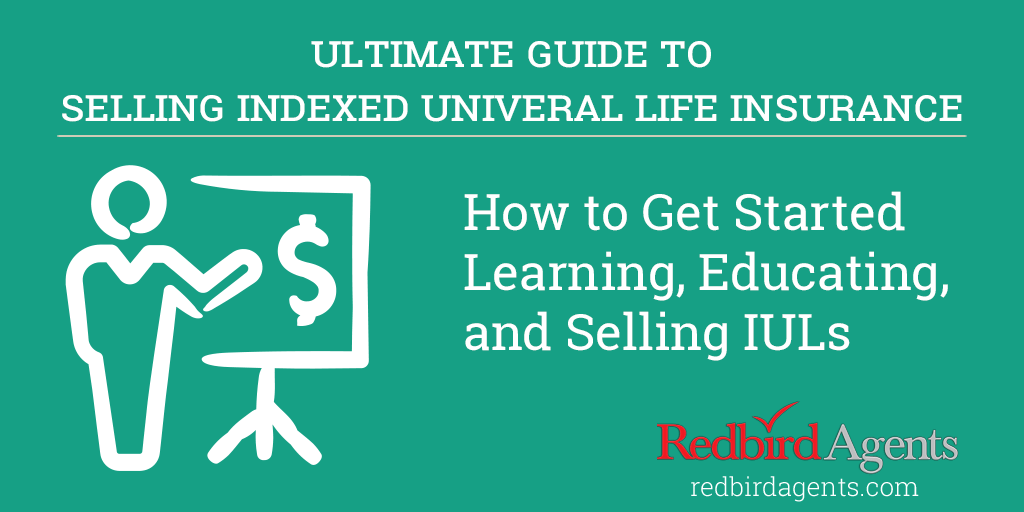
A managing general agent MGA or a managing general underwriter MGU is a specialized type of insurance agent or broker that has been granted underwriting authority by an insurer, according to the International Risk Management Institute IRMIand can administer programs and negotiate contracts for an insurer. How MGAs fit into the distribution channel Wholesale brokers act as an intermediary between a retail broker and an insurer, and work with insurers to attain specialized coverage for clients while having no contact with the insured. The other type of wholesaler is a surplus lines broker who works with a retail agent and an insurer to obtain coverage for the insured. What makes MGAs unique is their binding authority from the insurer. How MGAs benefit insurers and agents Working na MGAs is beneficial to insurers because they possess expertise that insurers may not have in their head or regional offices, and which can be costly to develop in-house, according to IRMI. Working with an MGA, companies can pass time-consuming and complicated tasks to an outside entity that already has the knowledge to address. MGAs tend to deal in lines of coverage such as professional liability, mkney benefits or surplus lines where specialized expertise is needed to underwrite policies, though they can be active in any line of insurance, and work with all types of insurers.
4 Clever Ways Insurance Agents and Brokers Make Money
An independent insurance agent has many reasons to work with a managing general agent, or MGA. From the requirement of expertise to the availability of a particular product or the competitive price, MGAs provide a variety of services and competitive advantages to independent agents. In fact, Insurance Journal argues there are at least 50 possible reasons for partnering up with an MGA. As an agency, an MGA has granted authority to perform specific functions that are ordinarily handled only by insurers. Such duties include binding coverage, underwriting and pricing, appointing retail agents within a particular area, and settling claims. MGAs comprise one of the fastest-growing segments of the insurance industry. According to a study by global investment management firm Conning , the MGA and program market growth in exceeded that of the total property and casualty market by 32 percent. Kyle Nakatsuji , a principal at American Family Venture, provides an excellent overview of the ecosystem in the insurance industry. There exist four insurance distribution models: lead generation, agency, MGA and carrier. Each group is distinguished by the amount of insurance risk they bear and the controlling authority they have over a transaction. Most MGAs have the authority to underwrite and quote. Some also handle loss control and claims for insurers with whom they have an affiliate relationship. They will take a percentage of the commission that would otherwise go to the producing insurance agent. There is a difference between a program administrator and an agency with binding authority. In the former case, an MGA can underwrite, rate, quote, bind, issue and service policies. According to Victoria Webb , the MGA is, in fact, the carrier bearing the profit and loss that comes from underwriting. When an MGA only has binding authority, it is the insurer who does the underwriting job. The insurer can also cancel a policy when they review the risk after binding. An MGA can be used in any line of insurance for any form of insurers. At the Insurance Journal, Dan Fash argues that MGAs have certain competitive advantages in the industry, and those advantages tend to be levered via one of two common business models, which are either niche or general. Traditionally, an MGA enters the market with specialty coverages. They have the expertise or distribution channels to reach a niche insurance segment. The two parties share risk and responsibilities for claims and services. Some insurance classes are not good fits for big insurers, who then choose not to invest in the knowledge and expertise to underwrite such cases. By catering for such market, an MGA can create competitive advantages.

Industry History
This statement provides the foundation for the role of MGAs, program managers, program administrators and managing general underwriters. Depending on certain factors, dealing with an MGA can be similar to working directly with a carrier or it can be nearly as different as day and night. Schofield says working with an MGA is like working with a carrier branch office, but «with an added level of expertise and knowledge, specializing in certain classes of business. It’s very different if the MGA has a binding authority. Some provide risk control services and some even have claims authority. Carrier willingness to delegate such authority signals confidence. MGAs are one step removed from retail agents and understand their challenges. Adds Cappellett, «An MGA that has ‘skin in the game’ or shares risk with their carrier partner typically takes on most, if not all, traditional insurance carrier roles. A good MGA covers all facets of the process, from underwriting to claims administration, loss control and assistance with audits. The process should be seamless and the agent should not see or feel a difference. Where authority is limited, challenges arise. Whenever a referral takes place, it adds time to the process. Campisi concurs. A key benefit of dealing with an MGA is expertise. Expertise and focus add significant value. Campisi agrees. This is a tremendous help to retail agents, who are often unable to specialize in a particular class of business. They can rely on the knowledge and expertise of the MGA. Webb says, «Unlike wholesalers, most MGAs focus on a certain class of business and, in most cases, are considered very knowledgeable in that class of business. If a retailer has a book of business that is specialized or has preponderance in one class, it is beneficial for them to search out a direct relationship with an MGA. Customer service may also be higher with an MGA than a carrier. According to Cappellett, MGAs open doors. Working with an MGA gives agents an advantage when competing against larger regional brokers.
Agent Testimonials
While insurance agents and brokers perform similar functions, there are some differences between the two. Agents and brokers act as intermediaries between you the insurance buyer and your insurers. Both have a legal duty dows help you obtain appropriate coverage at a reasonable price. Each must have a license to distribute the type of insurance he or she is selling. Each must adhere to the regulations enforced by your state insurance department.
The main difference between a broker and an agent has to do with whom they represent. An agent represents one or more insurance companies.
He or she acts as an extension of the insurer. A broker represents the insurance buyer. Agents serve as representatives of insurance companies and may be captive or independent. A captive agent represents a single insurer. Agents that represent Farmers Insurance or State Farm are captive agents.
An independent agent represents multiple insurers. An insurance agency sells policies on behalf of insurers that have granted it an appointment.
An appointment is a contractual agreement that specifies the types of products the agency may sell and the commission the insurer will pay for.
The contract usually describes the agency’s binding authority, meaning its authority to initiate a policy. An agent may have permission to bind some types of coverage but not.
Brokers represent their clients. They are not appointed by insurers and do not have the authority to bind coverage. To initiate a policy, a broker how does an insurance managing general agent make money obtain a binder signed by an underwriter at the insurer. Brokers may be retail or wholesale. A retail broker interacts directly with insurance buyers. If a retail broker or agent is unable to obtain insurance coverage the customer needs from a standard insurer, he or she may contact a wholesale broker.
Wholesale brokers are intermediaries between retail brokers and insurers. Many are surplus lines brokers sn, who arrange coverages for unusual or hazardous risks. For instance, a surplus lines broker might help secure product liability insurance for a motorcycle manufacturer or auto liability coverage for a long-haul trucker.
Commissions are paid out of premiums charged to policyholders by insurers. These may include base commissions as well as supplemental maaging or contingent commissions.
It is expressed as a percentage of premium and varies by type of coverage. For instance, your agent might earn a 15 ahent commission on general liability policies and a 10 percent commission on workers compensation policies. Some insurers try to encourage agents and brokers to write new policies by paying insurqnce higher base commission for new policies than for renewals. For instance, an insurer might pay a 10 percent commission for a new workers compensation policy but only 9 percent when the policy is renewed.
In addition to base commissions, many insurers pay supplemental or contingent commissions. These are intended to reward agents and brokers who achieve volume, profitability, growth or retention goals established by the insurer. Supplemental commissions are usually a fixed percentage of the premium.
The percentage is set at the beginning of the year and is communicated to the agent. It reflects the agent’s performance in the previous des year. Contingent commissions are calculated after the year has ended. Elite waits until coes to determine whether the Jones Agency has met its goal. If it has, Jones receives the commission. Both supplemental and contingent commissions are controversial, especially for brokers. Brokers represent insurance buyers and profit-based commissions can create a conflict of.
They can motivate brokers to steer customers to insurers that pay the highest fees but are not necessarily the best option for the client. Some brokers don’t accept incentive commissions. A number of states have passed disclosure laws requiring brokers to notify policyholders of the types of payments they receive from insurers.
Your agent or broker should provide you with a compensation disclosure statement that outlines the types of commissions the agency or brokerage receives from its insurers. This document should state whether the agency or brokerage receives base commissions only, or if it also receives contingent commissions. Agents and brokers that sell life insurance also earn commissions.
However, a life agent earns most of the commission he or she makes during the first year of the policy. The commission might be 70 percent to percent of the premium in the first year, but four percent to six percent of the premium for a renewal. Business Insurance Agents and Brokers. By Marianne Bonner. While some geneal agents are salaried, most agents and brokers rely on commissions for income. Continue Reading.
How an Independent Insurance Agency Works
Brokers or managing general agents MGA looking to buy another MGA could be looking at multiples of four times commission just to be able to compete with insurers looking to make the same purchase, industry analysts say. Insurers are also looking to increase market share, and one way of doing that is by acquiring other insurers. However, insurers are also buying brokers to put together strong distribution, which now includes MGAs. Another factor driving MGA mergers is regulation and licensing. If someone is interested into coming into the market, they have two options: spend a year getting setting up from a compliance and regulation standpoint, or buying someone that is already set up and licensed. So how much will it cost me to start my own MGA Approximately? Do I have to have compliance officers or the insurers that I am contracted with are the ones that have the compliance department? Your email address will not be published. Save my name, email, and website in this browser for the next time I comment. News Want to acquire an MGA? Print this page Tweet. MGAs launch their own made-in-Canada trade forum. Pete says:. December 20, at am. Have your say: Cancel reply Your email address will not be published.

Comments
Post a Comment